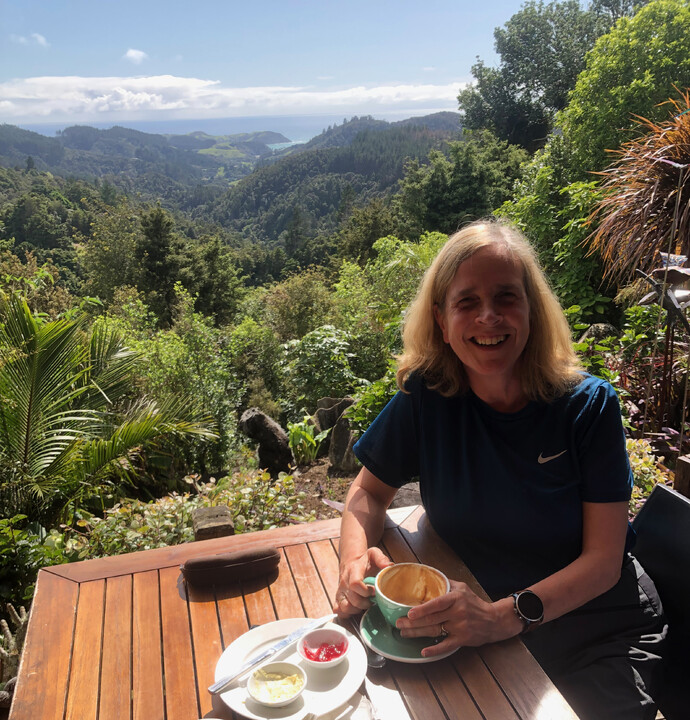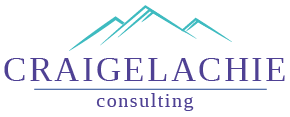The power of reflection

When I am asked to name the key thing which I have learned through my journey as an Executive Coach it is the power of reflection. I wish I had known about the positive impacts of reflection when I was in the corporate world, as I believe it would have made me a more effective leader. Now I can share the recommendation with those whom I coach and I also use it in my everyday life. Here’s some insight into why to reflect and how to get started.
Why wouldn’t you reflect?
When I ask my coachees whether they use reflection as part of their self-management routine, I get a range of objections:
- “I don’t see the point of reflecting – what’s done is done.”
- “I don’t know what you mean by reflecting; isn’t just a fancy name for navel-gazing?”
- “I’m too busy doing things to reflect; where would I find time to ‘do nothing’?”
- “I tried that but gave up after a few days.”
When I explain the impact of reflection, what is involved, how little time is needed and how easy it is to build a good habit, the objections fall away…
Why is reflection so impactful?
We learn and grow from all our experiences, and taking time to consider those lessons through reflection is time well spent. Reflection helps us to gain insight and see how to best move forward. The key to reflection is that you are looking inward for answers, which allows you to focus on things which are within your control – such as your behaviours, choices you make, or how you react to a situation. Research shows that reflection can have a number of benefits:
· It increases your self-awareness, which in turn helps better manage your emotions and behaviours;
· It reinforces your sense of purpose and achievement and boosts confidence;
· It helps you retain perspective during challenging times and reduces stress levels;
· It enhances productivity through facilitating your focus on priorities.
What does reflection involve?
Reflection means taking time to slow down and think about yourself and your experiences. You set the ‘agenda’: you might start with a specific event on which you want to reflect, such as a meeting you led or a difficult conversation which you had; or you could start with a theme to which you’d like to give constructive thought, for example what kind of leader you want to be; or you might want to start with a simple consideration of your week. Let’s take each in turn, to consider some prompts:
- The meeting or difficult conversation: What went well? What went less well? What part did you play in the positive(s) or negative(s)? What did you learn? What would you like to do differently in a similar situation?
- Your leadership: How do you think you are currently seen as a leader, by your team/ your peers/ your boss? How does this compare to how you see yourself or how you want to be seen? What do you want to be remembered for? What do you need to do more off/ less of/ differently?
- Your week: What were the 3 highlights of the week and why were they so positive? How could you do more of those next week? What were the three biggest challenges of the week and how did you handle them? What would you do differently next time?
Let me share a few other helpful pointers to consider:
- Reflection can be done however suits you: keep a written journal (particularly good if you are a fan of attractive stationery!); use a reflection app (there are several out there); make videos (as long as you don’t mind watching yourself!) or voice recordings (handy if you reflect while walking your dog!). Try different things – which method works best for you might surprise you.
- Be open, honest and curious – this is when reflection is most impactful. Try to capture your thoughts and emotions: how did you feel? what was happening for you physically as well as mentally? (eg was your heart racing? were you flushed? or did you feel disengaged?). These thoughts and emotions are an important component of understanding your behaviours.
- Look for patterns. Is there a particular trigger for a behaviour you would like to change; how could you respond differently? A focus on solutions and intention will help to move you forward from observation to improvement.
- Use your ‘bank’ of reflections as a resource. Looking back at achievements or positives you have captured over time can give your confidence a boost. Re-visiting challenges at a future date can help give perspective on how far you have come.
The time required and building a habit of reflection
Reflection should be done whenever works for you:
- A daily habit can take less than 5 minutes: you might want to begin each day with a piece of positive reflection and an action for that day; or to end each day with a short reflection of one good thing, one challenge, or one change you want to make.
- Some prefer a weekly reflection, say 15 minutes at the start, the middle or end of the week: what are your priorities for the week ahead? how has the week gone so far and what are you excited to achieve next? what was your best moment this week and how did it make you feel? what was the most surprising thing you learned this week and how will you use that knowledge in the future? what was the biggest challenge this week and what impact did you have on the issue?
My recommendation would be to start small and grow over time. Building a habit of reflection is similar to building physical fitness: if your plan is too ambitious you risk being daunted and not starting at all, or being overwhelmed and feeling that you cannot keep up with your plan. You will feel a benefit from even two minutes every day of good quality reflection, so take that first small step today, then tomorrow, and the day-after, and soon it will be a great habit!
As a post-script, don’t limit yourself to work-related reflection. In this photo I had been reflecting on how fortunate I am: experiencing a fabulous country (New Zealand), with a great travelling companion (my hubby), at a stunning location (Gallery Helena Bay Hill), with delicious coffee and scone. The reflection took less than 5 minutes, but it seared into my memory a sensation of wellbeing and gratitude which fills me with warmth every time I see this photo. I hope that practice of reflection bring you many such moments!
